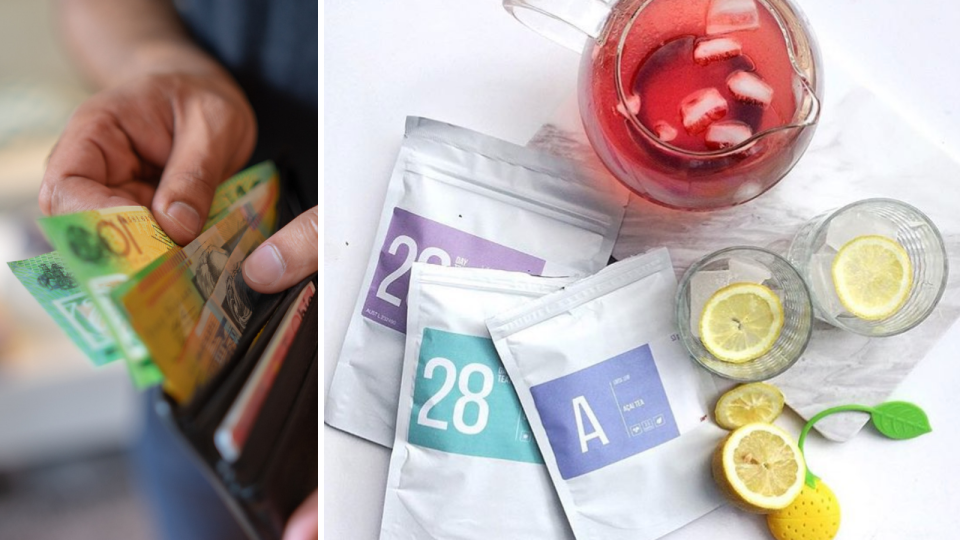Entrepreneur shares her $1.3 million mistake - and why it made her more successful

Learn more of Gretta van Riel’s secrets to success by watching her full interview with Yahoo Finance for the The New Investors, My Story video series.
Building a multi-million-dollar business from the ground up isn’t easy and even the most experienced of business owners can fall victim to some disastrous mistakes.
Australian entrepreneur Gretta van Riel would know.
At the age of 22, with only $24 in her bank account, van Riel started her first business – SkinnyMe Tea.
The business quickly grew from zero to around $600,000 a month in revenue within six months.
Speaking on Yahoo Finance’s new show, The New Investors – My Story, van Riel explained that when the company rapidly grew, there was no Australian manufacturer in Australia which could fulfil an adequate level of tea orders.
Read more about how Gretta van Riel built her multi-million dollar empire here
‘Absolute disaster’ – The $1.3 million mistake
So what did she do?
“I had absolutely no idea really what I was doing. It was just problem solving on my fate. So I thought tea, China, let’s give that a shot. That didn’t work out so well. That was a disaster,” she said.
After placing a number of successful orders with a manufacturer in China, which were tested and quality assured in Australia, van Riel made her first huge mistake.
“[I thought], imagine how much faster we could grow and how much more money we could make, and how great it would be if I just had a year’s worth of tea,” she said.
So she placed one huge order for 12 month’s worth of tea at a value of US$1 million – equivalent to A$1.3 million at the time.
“[The order was] held in a warehouse in Hong Kong for a while – that costs money. We shipped it to Australia – that costs more money. Got held in customs for a week – that was another $80,000,” she said.
“Then we finally opened up the tea, super excited to start shipping it out [as] we’d just run out of our Australian manufacturers’ product.”
“[But] the tea was compost, basically. It was disgusting. I wouldn’t even let my team touch it without gloves on. It had metal bolts in it, had springs in it. You could just see it was wet and dirty, and disgusting, and we sent it off to be tested just for a laugh. And it had E. coli, all kinds of bacteria in it.”
So how did van Riel and SkinnyMe Tea recover?
“At first I handled it the way that everyone would,” van Riel said. “Break down a little. I cried a bit.”
When a lawyer friend in Hong Kong told van Riel that her chance of successfully suing the dodgy tea supplier and getting a refund was very unlikely it quickly became one of van Riel’s steep learning curves in her early career.
“I knew then that I just had to cut my losses and get over it very, very quickly. And that did become one of my biggest learnings, was to fail fast.”
“Resilience is how quickly you can get over your failures. And that is what you need when you’re starting out [in business]. You’re constantly problem solving. You’re constantly putting out fires.
In order to “fail fast”, van Riel said you need to admit that you’ve made a mistake without letting your ego get in the way and not blaming anybody else.
Instead van Riel found that due to her mindset she was able to overcome the mistake by accepting it had happened and moving on as quickly as possible in order to focus on the positives again.
The bright side
Van Riel added that where was one area in which she counted herself lucky.
The $1.3 million order was paid for upfront.
“We didn’t at one point [have a] $1.3 million debt, so that was one positive.”

 Yahoo Finance
Yahoo Finance 
